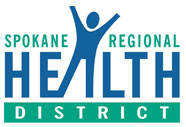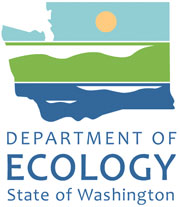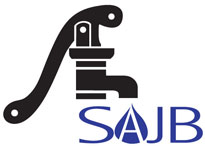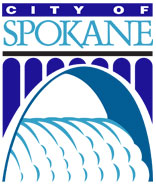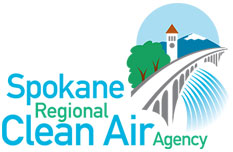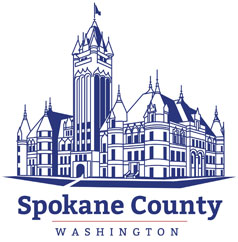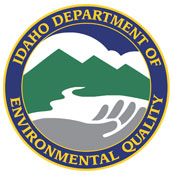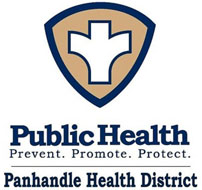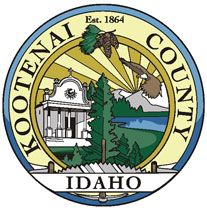Winter Hours (November 1 through March 31):
7:30 a.m. to 4:00 p.m., Monday - Friday
8:30 a.m. to 4:00 p.m., Saturday - Sunday
Seasonal Hours (April 1 through October 31):
7:30 a.m. to 5:00 p.m., Monday - Friday
8:30 a.m. to 5:00 p.m., Saturday - Sunday
The North County Transfer Station is one of Spokane County's disposal sites. These sites provide clean and convenient, one-stop drops for yard waste, food waste, and trash. The Transfer station also has a drop off area for recyclables and household hazardous waste (HHW). Click on the links above to find out what is accepted for recycling and HHW.
Locations are open to all Spokane County residents. All waste disposal facilities are open 7 days a week, except on major holidays (New Year's Day, Memorial Day, Fourth of July, Labor Day, Thanksgiving, and Christmas).
Accepted Trash
- Household garbage
- Residential appliances (will be charged as trash)
- Construction and demolition debris
- Clean Green yard waste and food waste
- Latex paint (must be dried out before going to Waste to Energy, can mix with paper, litter or coffee grounds to solidify)
- Prescription Drugs & Over-The-Counter Medications
- Mattresses
- Canopies
- Camper shells with appliances removed
- Tires (tires greater than 36" diameter must be cut in two foot pieces, 6 tires per visit)
- Animal carcasses under 35 lbs. (If over 35 lbs. call Waste To Energy (509) 625-6580 for an appointment)
- Drums/Barrels (ends removed, drums flattened)
If you have yard waste and garbage in the same load and want to be charged the two different rates, you must go through the line twice.
Appliances: Residential appliances are accepted and recycled, but require a regular waste charge (same as garbage) because of special handling. Refrigerators with ammonia are not accepted at the Transfer Stations, however, they are accepted at the Waste to Energy Facility at the regular garbage rate. Commercial sized refrigerators or freezers are not accepted.
Construction, demolition, and land clearing waste is solid waste, largely inert, resulting from the construction, renovation, and demolitions of razing buildings, roads, and other man-made structures. The primary difference between demolition and inert waste is that demolition waste is considered susceptible to decomposition, where inert waste is considered resistant to decomposition. This waste stream often includes:
- Asphalt
- Bricks
- Concrete
- Glass
- Gypsum
- Metals
- Plastics
- Salvaged components (doors, windows, plumbing fixtures)
- Soil
- Trees, stumps, earth, and rock
- Wood
Most CDL materials are accepted at this transfer stations but please call Spokane County Recycling Hotline for specific types of material that are accepted.
Moderate Risk Waste: Some Construction, Demolition, and Land Clearing Debris may require special handling. Please contact the Spokane County Regional Recycling Hotline 509-477-6800 for additional information.
Click for waste type descriptions.
[B] = Business
[R] = Residential
Disposal
- Transfer Station/Landfill
- Curbside
- Reuse
- Repair
- Hazardous Waste
Collection
- Transport
- Drop Off
- Pick Up
- Return to Supplier
Support
- Treatment
- Equipment
- Lab/Testing
- Spill Response
- Consulting
Disposal Fees Apply - North County and Valley Transfer Stations
Recyclables - Free
Household Hazardous Waste Disposal - Free
Trash and Clean Green - For fees and payment options, see website.
Secure Your Load: Loads being delivered to disposal sites must be covered with a tarp or secured with a rope or other means to prevent spillage. Fees will be assessed for unsecured loads.


